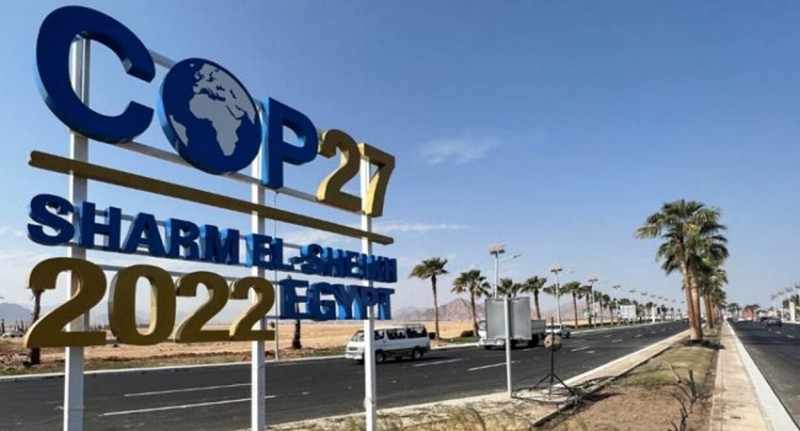
Rich nations have finally met their commitment to provide USD100 billion annually in climate aid to poorer countries, achieving this milestone in 2022, according to a report by the Organisation for Economic Co-operation and Development (OECD). However, this achievement comes two years later than the original target year of 2020, which has eroded trust in climate negotiations globally.
In 2009, developed nations pledged to raise USD100 billion annually by 2020 to assist low-income countries in investing in clean energy and adapting to the worsening impacts of climate change.
The OECD reported that in 2022, a total of USD115.9 billion was raised, marking the first time the USD100 billion target has been reached. The delay in reaching this milestone has been a point of contention in international climate negotiations.
Climate Finance Breakdown
Climate finance can be provided by governments as bilateral aid, multinational development lenders like the World Bank, or the private sector. Most of the USD100 billion disbursed in 2022 was allocated to climate action aimed at reducing heat-trapping greenhouse gases, primarily through investments in clean energy and transportation improvements.
However, experts argue that the USD100 billion target is insufficient compared to the USD2.4 trillion per year needed by 2030 to meet the climate and development needs of developing nations, excluding China. These countries, least responsible for greenhouse gas emissions, are often the most vulnerable to the costly and destructive effects of extreme weather events.
Challenges and Negotiations
Climate finance remains a contentious issue at the annual UN climate talks (COP). Negotiators are currently working to set a new, more ambitious financial goal to replace and surpass the USD100 billion target. Azerbaijan, the host of COP29, has prioritized this matter and aims to reach an ambitious agreement during the summit in November.
Next week, negotiators will convene in Bonn for crucial midyear talks to address sticking points over the new financial target. Disagreements persist over the roles of major emerging economies like China in contributing to climate finance, the total amount to be raised, management of funds, and eligibility criteria.
Some developing nations advocate for their climate action efforts to be contingent upon receiving financial aid. For instance, India has proposed that developed countries provide USD1 trillion annually in climate finance starting from 2025, which is ten times the current target.
Concerns and Calls for Action
Critics have accused donor countries of repackaging existing aid pledges as climate finance and providing funds mostly as loans rather than grants. Climate activists, including Harjeet Singh, have voiced concerns over what they describe as "creative accounting and fiscal loopholes," emphasizing the urgent need for rich countries to deliver substantial financial support transparently and effectively.
Big Decisions Ahead: What to Expect from the European Parliament Election
International Day for Biological Diversity 2024: "Be Part of the Plan", and Learn More
China Conducts Military Drills with Mock Missile Strikes on Taiwan